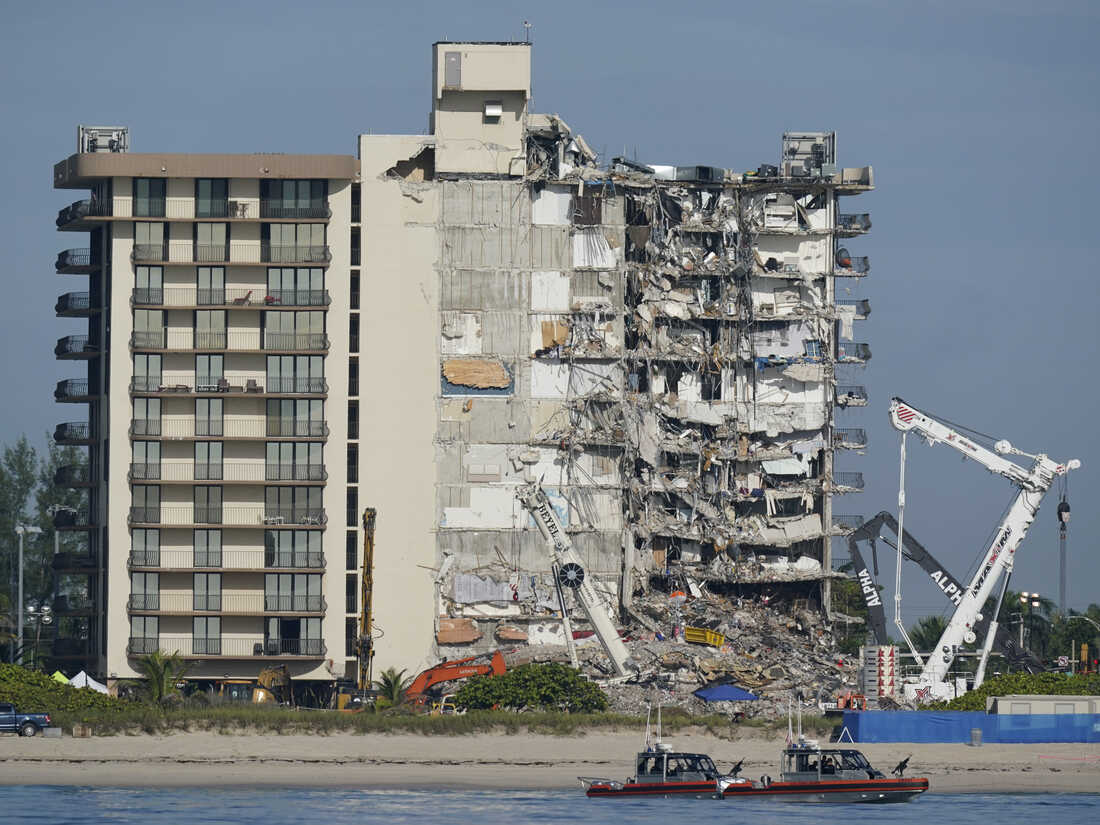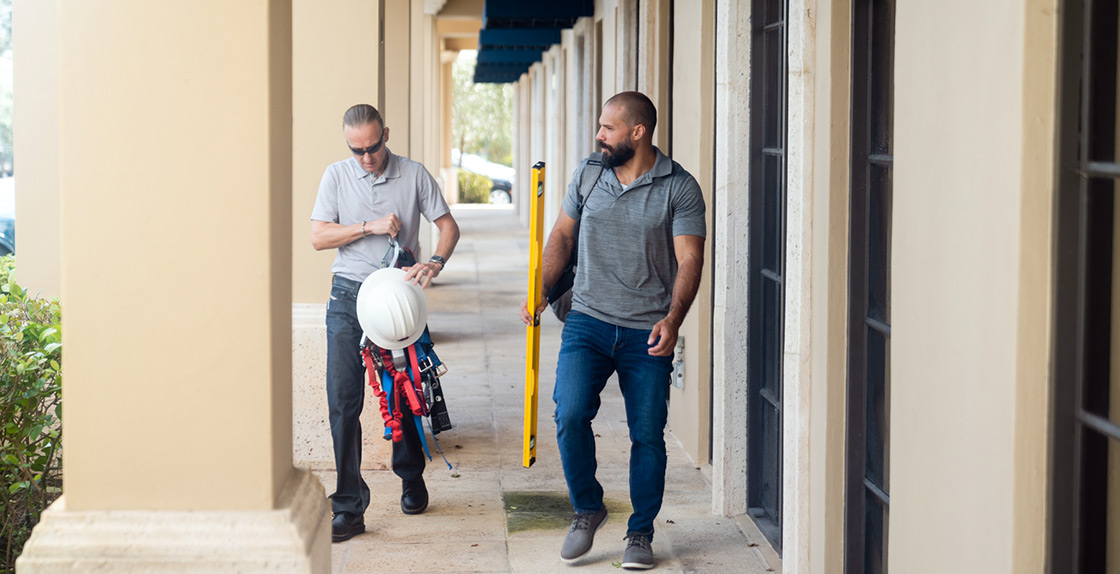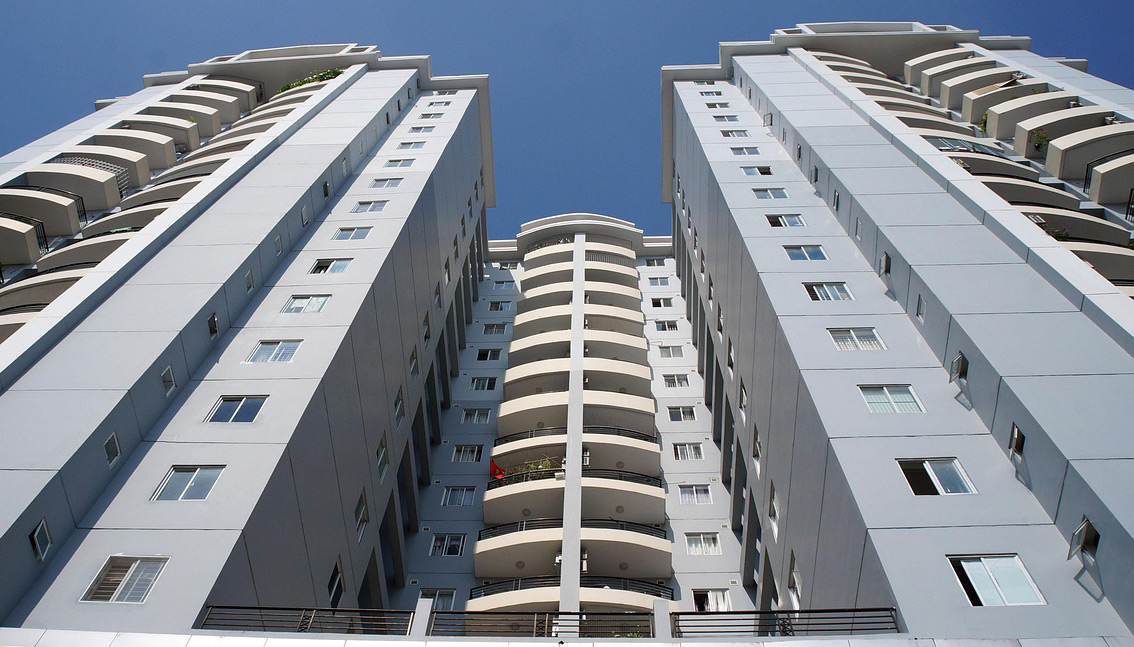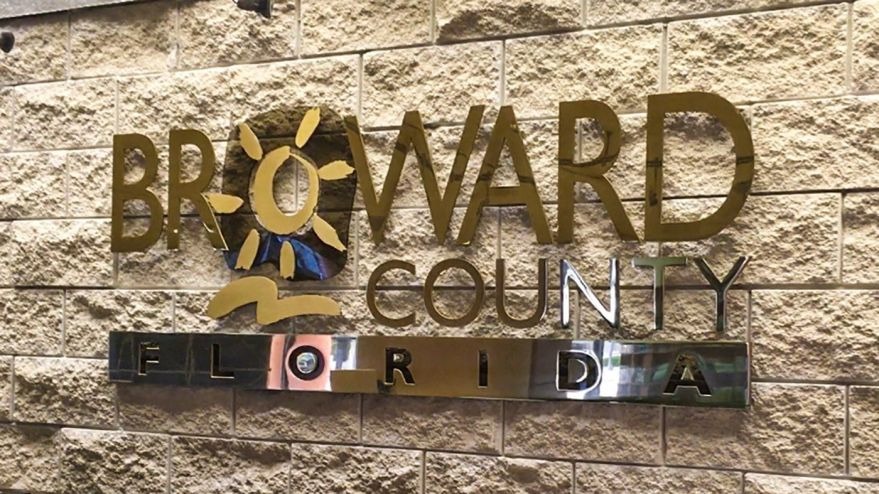
In this article: we dive into the significant updates to Florida’s Structural Integrity Reserve Study (SIRS) requirements brought by CS/CS/HB 913. We’ll cover the crucial extension of the SIRS deadline to December 31, 2025, clarify the “habitable stories” rule for applicability, detail enhancements to SIRS content including the new “baseline funding plan,” explore new flexibilities linking SIRS funding to Milestone Inspection repairs, and outline updated rules for reserve funding mechanisms and conflict of interest disclosures. Our aim is to equip your association with a clear understanding of these changes and how they affect your financial planning and compliance.
Big news has come out of Tallahassee for Florida condominium and cooperative associations. If you’ve been working towards the original deadline for your Structural Integrity Reserve Study (SIRS), recent legislative changes bring both welcome relief and important new considerations. The new law, CS/CS/HB 913, significantly impacts how your association plans for and funds major repairs and replacements, with many provisions taking effect on July 1, 2025.What does this mean for your SIRS and your association’s financial health? We break down the crucial updates, including a much-anticipated deadline extension and new rules for reserve funding. You can access the full summary of the bill directly from the Florida Senate here.
At Building Mavens, we’ve been keeping you informed on every step of Florida’s evolving building safety legislation, including our detailed breakdown of what SIRS studies entail under SB 154. HB 913 builds upon that framework, and we’re here to clarify exactly what these latest changes mean for your community.
SIRS: A Quick Recap of the Essentials
Before we detail what’s new, let’s briefly revisit the core purpose of a Structural Integrity Reserve Study (SIRS). As mandated by previous legislation (Florida Statute 553.899 and SB 154), a SIRS is a comprehensive evaluation of your building’s key structural and operational components. It’s performed by a licensed engineer or architect and is designed to ensure that associations adequately fund reserves for future repairs and replacements.
These reserves are non-waivable and cover at least eight critical components:
- Roof
- Structure (including load-bearing walls and primary structural members)
- Fireproofing and fire protection systems
- Plumbing
- Electrical systems
- Waterproofing and exterior painting
- Windows and exterior doors
- Any other item with a deferred maintenance expense or replacement cost exceeding a specific threshold where the failure to replace or maintain such an item would negatively affect the structural integrity of the other components listed above.
The SIRS report provides a roadmap, outlining the useful life, remaining useful life, and estimated replacement cost or deferred maintenance expense for these items.
Good News: SIRS Deadline Extended to December 31, 2025
Perhaps the most impactful change for many associations under CS/CS/HB 913 is a one-year extension for completing the initial SIRS. The original deadline was December 31, 2024, but it has now been officially moved to December 31, 2025.
This extension provides significant relief, giving associations an additional year to:
- Secure qualified engineering or architectural firms.
- Conduct the thorough visual inspections required.
- Develop a comprehensive and compliant SIRS report.
- Incorporate the findings into their budget planning for the following fiscal year.
While this extra time is certainly welcome, the team at Building Mavens strongly advises associations not to delay the process. Starting early ensures you have ample time to address any complexities and make informed financial decisions for your community.
Special Note: Under some circumstances, the final deadline for the SIRS could even be extended to December 31, 2026. Associations that have a milestone inspection due on or before December 31, 2026 can complete the SIRS simultaneously with the milestone inspection, but the SIRS must be finalized by the same deadline.
Key SIRS Modifications in CS/CS/HB 913 (Beyond the Deadline)
Beyond the critical deadline extension, HB 913 introduces several other important updates and clarifications to SIRS requirements:
“Habitable Stories” & Exemptions: Who Needs a SIRS?
Consistent with the changes to Milestone Inspections (which you can read about in our HB 913 Milestone Inspection Update article, “Florida’s New Milestone Inspection Law (HB 913): What Your Association Needs to Know for 2025”), the requirement for a SIRS now applies to condominium and cooperative buildings that are three “habitable” stories or more in height. This provides greater clarity than the previous “three or more stories” language for the purpose of the ongoing SIRS requirement.
As defined by the Florida Building Code, “habitable space” refers to areas for living, sleeping, eating, or cooking, while spaces like garages, storage, and hallways are not. While this language seems straightforward, determining its application to your specific building structure is a legal question. Associations should consult with their legal counsel for a formal opinion on this matter.
Additionally, HB 913 introduces a specific exemption: four-family dwellings with three or fewer habitable stories above ground are now exempt from SIRS requirements.
Enhanced SIRS Content: The “Baseline Funding Plan”
The content requirements for the SIRS report itself have been strengthened. Under the new law, the SIRS must now include a “baseline” funding plan. This plan is critical as it must demonstrate how the association will ensure its reserve cash balance for all SIRS components remains above zero throughout the entire funding period recommended in the study.
The SIRS must also clearly differentiate between mandatory reserve items (the core components listed earlier) and any other discretionary reserve items the association may choose to fund.
Impact: This means your SIRS provider will need to perform more robust financial forecasting as part of the study, giving your association a clearer picture of long-term funding needs and sustainability.
SIRS & Milestone Repairs: New Flexibility (and Requirements)
HB 913 acknowledges that associations might face significant repair costs following a Milestone Inspection. To address this, the law provides new flexibility:
- Delaying SIRS: An association that has completed a required Milestone Inspection can now delay conducting its SIRS for up to two consecutive budget years following that inspection. This allows associations to prioritize funding for repairs identified as necessary by the Milestone Inspection.
- Pausing/Reducing Reserves for Milestone Repairs: For budgets adopted on or before December 31, 2028, if a Milestone Inspection reveals needed repairs, an association can, with the approval of a majority of the total voting interests, temporarily pause or reduce reserve contributions for SIRS components for no more than two consecutive annual budgets to free up funds for those Milestone-related repairs.
But There’s A Catch: If an association utilizes this option to pause or reduce reserve contributions for Milestone repairs, a new SIRS must be performed before regular reserve contributions are resumed. This new SIRS will be essential to accurately redetermine the association’s reserve funding needs and recommend an updated funding plan.
Funding Your SIRS Reserves: More Options, More Clarity
HB 913 provides more explicit options and greater board autonomy for funding and managing SIRS reserves:
- Funding Mechanisms: The law now clearly states that unit-owner-controlled associations required to have a SIRS can fund their reserves via special assessments, a line of credit, or a loan, provided such measures are approved by a majority of the total voting interests of the association.
- Accounting Methods: Boards can now fund SIRS reserves using the pooling accounting method and can change the accounting method for reserves (from pooling to straight-line or vice-versa) without a vote of the members.
- Reserve Item Threshold: The law clarifies the two-part test for an “other” item to be mandatorily included in the SIRS. First, its replacement cost or deferred maintenance expense must exceed $25,000 (increased from $10,000). Second, the failure to replace or maintain that component must negatively affect the structural integrity of the other seven mandatory reserve components. This second condition is critical and may reduce the number of smaller, non-structural items needing to be formally included in the SIRS funding plan. The monetary threshold will also be adjusted annually for inflation.
- Investment of Reserves: Boards can invest reserve funds in certificates of deposit (CDs) or deposits in banks and credit unions without needing a vote from the unit owners.
- Uninhabitable Buildings: If a condominium building is declared uninhabitable by the local building official, the board can pause reserve funding without unit owner approval.
Transparency & Accountability: Conflict of Interest and Affidavits
To ensure integrity in the SIRS process:
- Conflict of Interest: Similar to Milestone Inspections, design professionals (architects, engineers) and licensed contractors bidding on performing a SIRS must disclose in writing if they also intend to bid on any repair or replacement work related to that study. (For a fuller explanation of these conflict of interest rules, please see our HB 913 Milestone Inspection Update article, “Florida’s New Milestone Inspection Law (HB 913): What Your Association Needs to Know for 2025”.
- Board Acknowledgment: Officers and directors of the association are now required to sign an affidavit acknowledging their receipt of the completed SIRS report. This formalizes the board’s responsibility in reviewing and acting upon the study.
- Official Form: The Division of Florida Condominiums, Timeshares, and Mobile Homes (DBPR) is tasked with adopting an official form for the SIRS by rule, in coordination with the Florida Building Commission.
What These SIRS Changes Mean for Your Association’s Financial Health
The SIRS updates in CS/CS/HB 913 have significant practical implications:
- Vital Deadline Relief: The extension to December 31, 2025, provides crucial extra time for proper planning and execution of your initial SIRS.
- Clearer Funding Pathways: Explicit options for funding reserves (special assessments, loans) and greater board autonomy in accounting methods offer more flexibility.
- Strategic Financial Planning: The interaction between Milestone repair needs and SIRS funding requires careful, strategic financial planning, especially if considering delaying a SIRS or pausing reserve contributions.
- Increased Board Accountability: The affidavit requirement and enhanced SIRS content (baseline funding plan) place a greater emphasis on the board’s fiduciary duty to understand and manage the association’s long-term financial health.
Building Mavens: Your Expert Partner for Navigating SIRS

The new SIRS requirements, while aimed at strengthening financial stability, add layers of complexity to association management. Building Mavens specializes in conducting comprehensive, compliant Structural Integrity Reserve Studies under the latest Florida law.
Our team can help your association:
- Understand how HB 913 impacts your specific SIRS obligations.
- Perform a thorough visual inspection of all required components.
- Develop a detailed SIRS report, including the new baseline funding plan.
- Provide clear guidance on reserve funding strategies.
Don’t navigate these changes alone. Building Mavens can help ensure your SIRS is accurate, compliant, and sets your community on a path to long-term financial stability.
Closing Thoughts
CS/CS/HB 913 represents a significant legislative effort to create more financially resilient and structurally sound condominium and cooperative communities in Florida. The updates to SIRS, particularly the deadline extension and new funding flexibilities, are designed to help associations meet these critical obligations more effectively.
Proactive engagement with qualified professionals to conduct your SIRS and develop a robust funding plan is paramount.
Take advantage of the extended deadline, but don’t delay. Contact Building Mavens today for expert guidance on your Structural Integrity Reserve Study and maintaining compliance with all current and future state, county, and city regulations.
Frequently Asked Questions (FAQs): HB 913 & SIRS
The deadline for associations to complete their initial SIRS has been extended from December 31, 2024, to December 31, 2025.
Yes, similar to Milestone Inspections, the requirement for a SIRS now applies to condominium and cooperative buildings that are three “habitable” stories or more in height.
The new law requires that the SIRS report include a “baseline” funding plan. This plan needs to demonstrate how the association will ensure its reserve cash balance for the SIRS components stays above zero throughout the funding period.
Yes, HB 913 allows an association that has completed a required Milestone Inspection to delay conducting its SIRS for up to two consecutive budget years following the milestone inspection. This is to help prioritize funding for repairs identified by the Milestone Inspection. However, if reserve contributions are paused or reduced for this reason, a new SIRS must be done before resuming regular reserve funding.
Yes. Similar to Milestone Inspections, design professionals (like architects and engineers) and licensed contractors who bid on performing a SIRS must now disclose in writing if they also intend to bid on any repair work related to that study. This aims to ensure transparency and avoid potential bias.
HB 913 clarifies that unit-owner-controlled associations required to have a SIRS can fund their reserves through special assessments, a line of credit, or a loan, provided it’s approved by a majority of the total voting interests of the association.
About the Author

Scott’s background is extensive, covering both public and private projects. He’s highly skilled in structural engineering design, construction oversight, and forensic analysis. This includes investigating structural failures, construction defects, and code compliance – all critical to maintaining safety and adhering to building codes. Beyond his investigative work, Scott is also an accomplished design engineer, contributing to various architectural elements from building envelope systems to designs for a wide range of structures. From the initial concept to the final inspection, Scott is dedicated to providing innovative and compliant engineering solutions.
You can contact me directly for more information: info@buildingmavens.com






